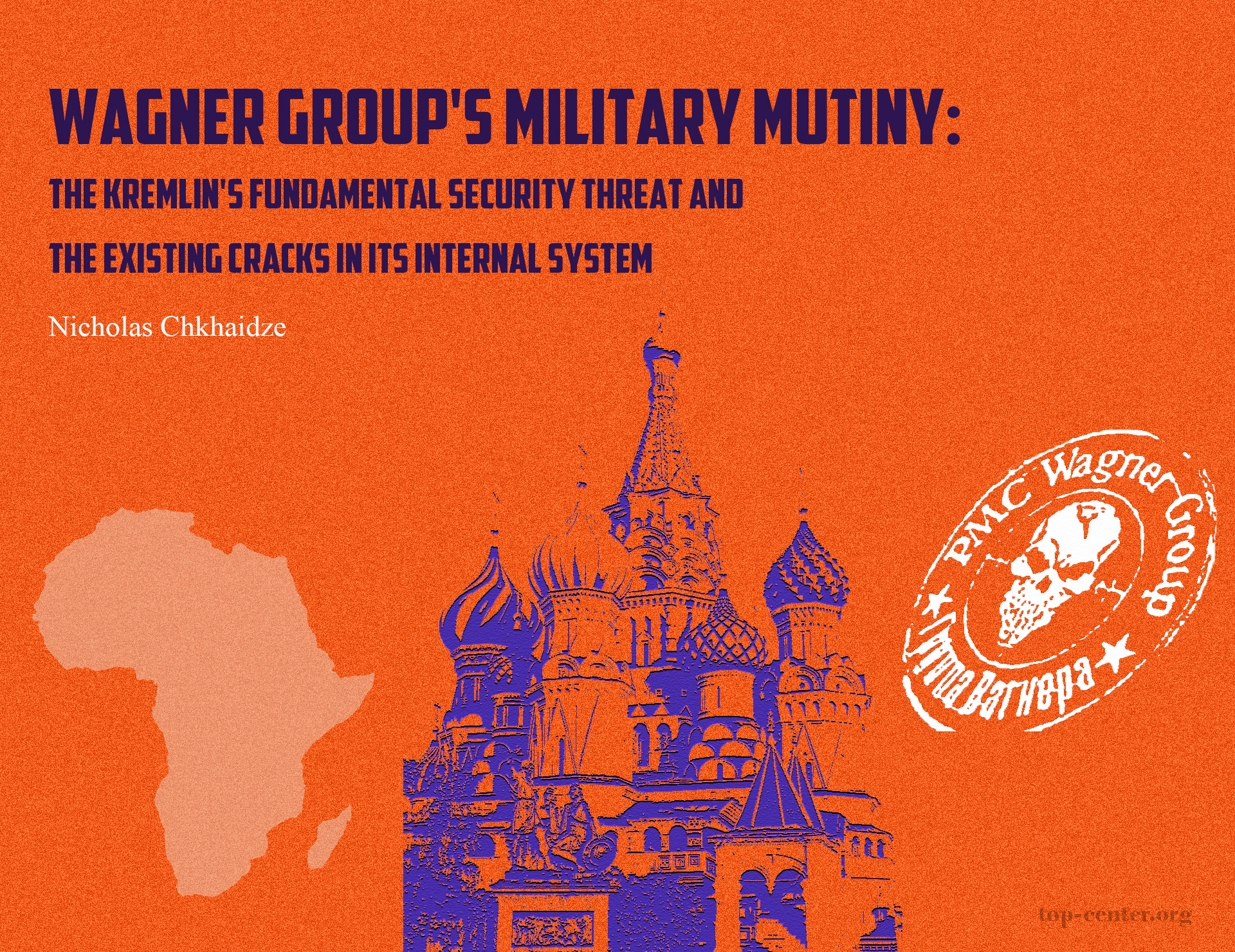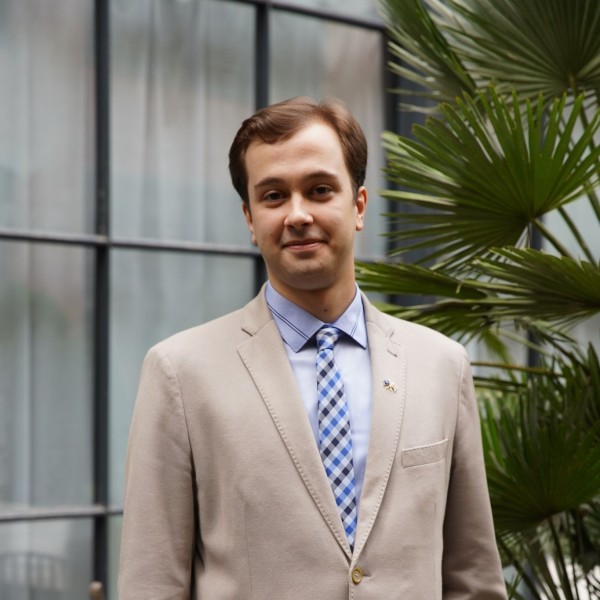Wagner Group’s military mutiny: The Kremlin’s fundamental security threat and the existing cracks in its internal system

The military mutiny conducted by Prigozhin’s Wagner Group showed not only the biggest challenge that Putin faced during his rule in Russia but also demonstrated the existing cracks and vulnerabilities in the internal system of the Kremlin’s pyramid of power. The already-vivid weaknesses will only grow, as Prigozhin may have started an irreversible process of power dissolution in Putin’s Russia.
While Prigozhin said the insurrection was not intended to topple President Putin but rather Minister of Defense Sergei Shoigu and Gerasimov, it significantly reduced Vladimir Putin's influence. In Russia, where power is similar to a pyramid, a powerful, ruthless, unpredictable, and unfathomable leader was required to keep the existing regime alive compromise is perceived as a sign of weakness. The public was and is compelled to submit to and adore it. At the top of this gloomy structure, a pyramid, one individual occupies the position of ultimate authority.
Putin hasn’t made any fundamental or tough decisions that would resolve the situation created in Russia during, as well as after the mutiny, and in the pyramid of power of Russia, which demands a strong, merciless leader, the inability to establish the Russian way of “law and order” undermines one’s authority. The recent events orchestrated by Wagner demonstrated that actually power may not be defined as “being on top of the pyramid”. It can be defined as being close to the official power structures or being associated with an informal network of wealthy business and political elites.
The problem with the Russian power pyramid system is that some of the representatives and heads of these official structures are in conflict of interest with wealthy business elites and mercenary groups such as Wagner. Despite several attempts, the Wagner Group was just one among many Russian private armies that the conventional military was unable to manage. In the meantime, Putin has been on the sidelines, observing this conflict between those two parties, but once the mutiny started, the events affected him directly. The failed coup effort is a sign of the deterioration of the Putin regime and the state's ability to handle crises.
Prigozhin has held a grudge against the Ministry of Defense for various reasons, including the MOD’s complete ignorance and indifference towards Wagner troops in Syria, as well as in the Battle of Bakhmut for the MOD’s inability to supply Wagner troops with ammunition, according to Prigozhin. The conflict was exacerbated in 2023, as Prigozhin’s sole goal was to secure the city of Bakhmut, as that would send a message to the Kremlin that the private armies can operate better than the conventional military forces. In the midst of this conflict between these factions, it was Putin’s responsibility as the “Leviathan” of a totalitarian state, if you will, to stabilize the ongoing feud. The processes became on the contrary, fundamentally destabilized, as Wagner was marching towards Moscow. Putin failed to recognize that it was necessary to double down on the efforts to stabilize the very ambiguous situation during the mutiny, which was either to fulfill Prigozhin’s needs or to nullify his influence in the Russian public, the political elite and in fundamentally, in the Wagner group too. Instead, these events undermined the faith in Putin by his fellow elites, and possibly the public too, since Putin first declared Prigozhin as a traitor and then withdrew all the charges that he was accused of to broker a deal. Such an ending was a surprise to everyone, but it did raise many questions about the extent of Putin’s grip on power in Russia and his overall credibility.
The Kremlin regime’s immediate security threat may have faded, but Prigozhin has accelerated the undoing of the Russian power structure, which was in and by itself inevitable. Putin may have endured the attempted coup, but there are clear signs that the elite, as well as the public, are left dissatisfied, and having Prigozhin and Wagner applauded in Rostov-on-Don underlines the existing cracks inside the system, as it’s not considered credible anymore. The legacy of the system that Putin and his Siloviki or “strongmen” circle have created is that it gave birth to a lot of ruthless, ego-centric individuals, who only care about amassing as much power as possible. That being said, the very system that Putin has created may turn on him once again, just like it did on 23-24 June, which then will fundamentally undermine his position of power.
It also seems that Prigozhin hasn’t lived up to the conditions of the agreement to be exiled in Belarus, as he was seen in Russia, particularly in St. Petersburg, during a summit with several African leaders. Having failed the coup, Prigozhin stated that the Wagner Group would head off to Africa, but it’s questionable if he is going to have his own agenda in Africa or if he’s going to fight alongside pro-Russian forces and governments sympathetic with Moscow. Despite its autonomous structure, Wagner was still an instrument of the Kremlin for waging proxy warfare and advancing their interests in the Middle East and Africa, while also maintaining the notion of “plausible deniability”.
However, now that Putin admitted to funding the group, that is gone, and most probably so is the allegiance of the Wagner Group with the Russian government. Despite the smear and discrediting campaign of Prigozhin by the Russian government and state-owned media, it will be difficult to eliminate the image of a person who has operated numerous troll farms and utilizes his very own media for his interests. Wagner operating as a group separate from the Russian government can indeed pose long-term drastic consequences, with the coup in Niger being hailed by Prigozhin himself and offering support by sending them fighters is certainly lamentable, especially when considering that Niger is a huge exporter, as well as the world’s seventh largest producer of uranium. It’s just a matter of time until the threat of unconventional forces or private armies with a fixed structure and access to weapons of mass destruction are once again addressed as a global security threat.







